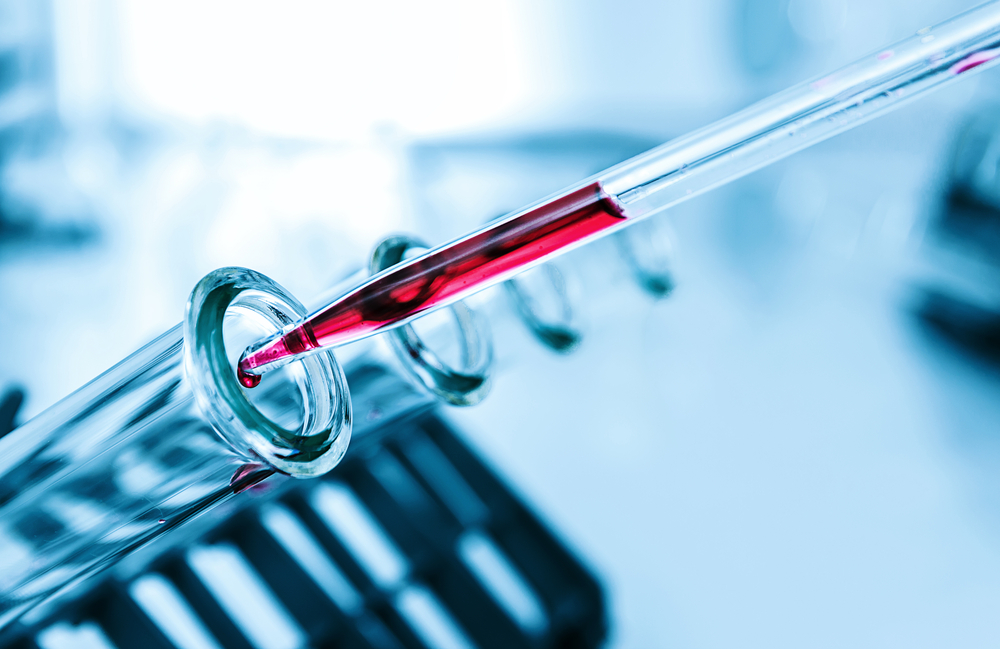
According to a new study published in the journal Science Translational Medicine, a new antiviral drug was shown to inhibit a variety of coronaviruses, such as Severe Acute Respiratory Syndrome (SARS) and Middle East Respiratory Syndrome (MERS), which could provide a way to develop new drug candidates for coronavirus infections and pandemic outbreaks.
Coronaviruses are known to affect both humans and birds, with specific strains being limited to specific hosts. While some strains can be serious, as MERS and SARS are, up to 30 percent of common colds are caused by strains of coronaviruses.
However, in recent years coronaviruses have shown the ability to jump into new species. Zoonotic coronaviruses, for example, have infected humans and caused both SARS and MERS in a number of instances.
For the study, researchers from the Vanderbilt University School of Medicine first screened a series of compounds provided by Gilead Sciences in an effort to identify clinical tools that could allow them to probe viral replication.
One compound in particular, called GS-5734, was shown to be highly active against coronaviruses in cultured cells. According to Mark Denison, professor of pathology, microbiology, and immunology at Vanderbilt, the finding was a surprise because nucleoside analog compounds in the same class did not normally inhibit coronavirus replication.
Ralph Baric of the University of North Carolina, a frequent collaborator with Denison, demonstrated that GS-5734 inhibited MERS-coronavirus and SARS-coronavirus replication in multiple in vitro systems, including cultures of epithelial cells from primary human airways.
Additionally, the compound was shown to be effective against a circulating human coronavirus called bat coronavirus.
“This compound shows broad activity against a variety of human and animal coronaviruses and represents an exciting potential therapeutic for a family of viruses prone to emergence from animal reservoirs,” Denison said.
The study was supported by Gilead Sciences, the Antiviral Discovery and Development Center, and researchers at the University of Alabama-Birmingham.




